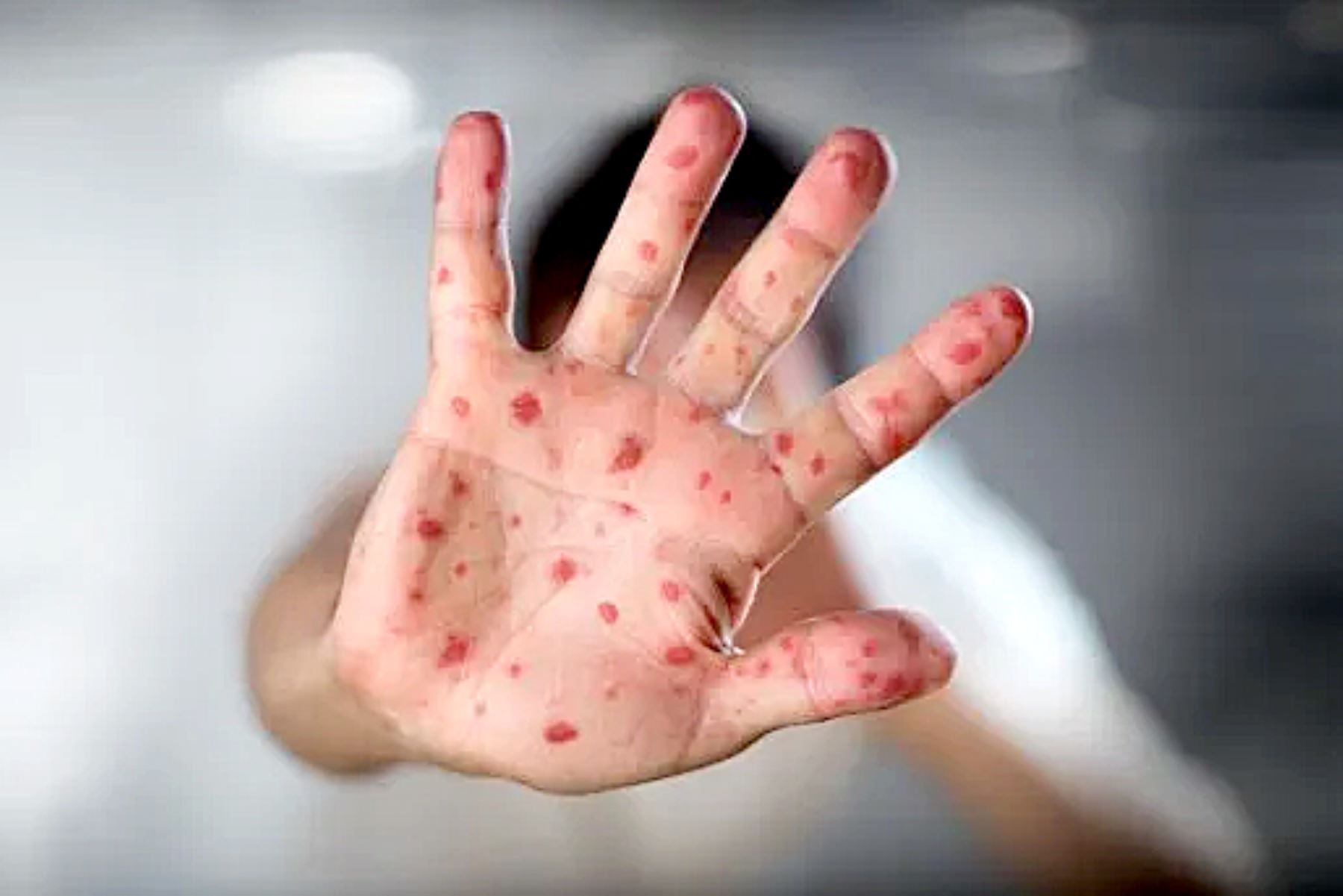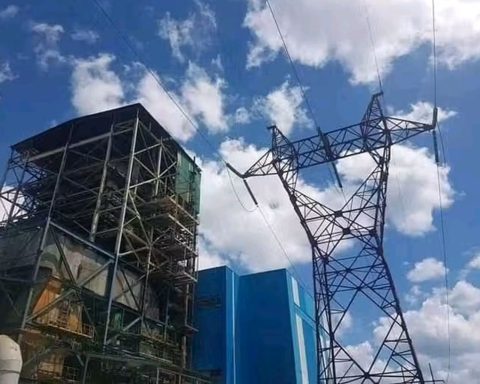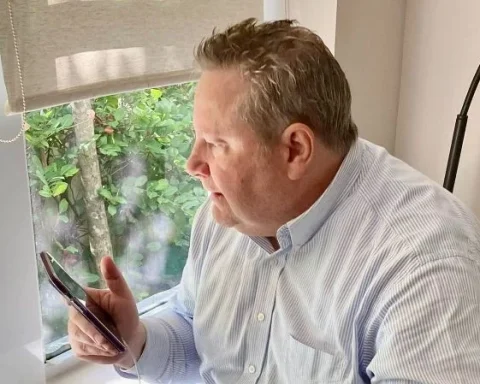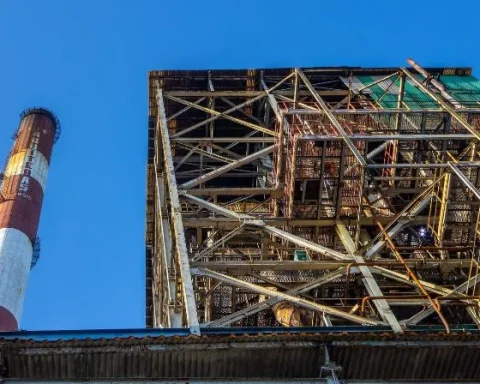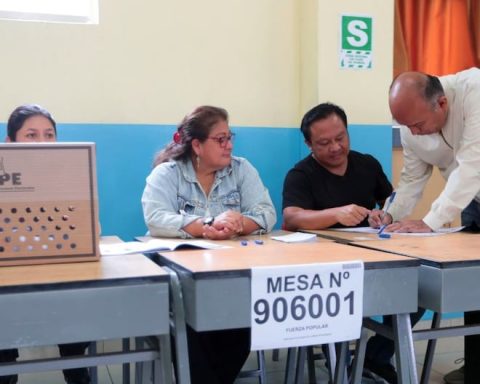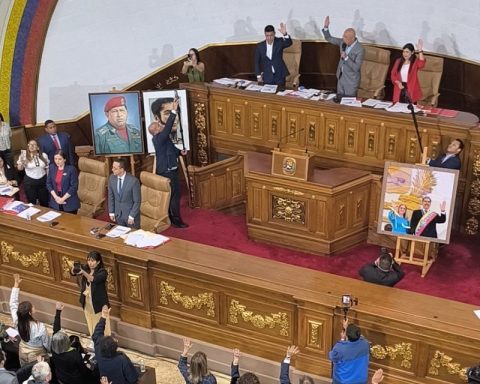Amid harsh criticism for the lack of vaccines, the administration of Joe Biden decided to declare a state of health emergency to combat monkeypox, a disease that has been on the rise in recent weeks, particularly in South Florida.
Some 6,600 cases have been detected so far across the United States and the Centers for Disease Control and Prevention (CDC) warned this week that the number of patients may increase because the general public has a poor notion. about the disease.
The health alarm allows the availability of federal funds and other resources at the state level, to face this smallpox that manifests itself with fever, muscle aches, chills, fatigue and small pimples on the skin.
This is because the Biden administration has faced criticism for the low availability of vaccines against the ailment. Several hospital centers in large cities such as New York and San Francisco say they have not received enough vaccine to meet demand, and some have had to stop offering second doses to be able to apply the first.
The White House confirmed that it has made more than 1.1 billion doses available to the public and has helped increase national diagnostic capacity with 80,000 tests weekly.
The monkey pox it spreads through prolonged and close skin-to-skin contact or with sheets, towels, and clothing. Most of those who have gotten sick so far have been primarily men who have sex with men. But health authorities emphasize that anyone can be infected.
Three days ago, the Biden administration appointed senior officials from the Federal Emergency Management Agency (FEMA) and the CDC as White House coordinators to combat the disease outbreak.
The public health emergency may last as long as it lasts, similar to what has already happened during the COVID-19 pandemic.
The US government’s decision comes after other countries and organizations have made similar statements and taken similar steps.
Days ago, the World Health Organization (WHO) classified monkeypox as a public health emergency in more than 70 countries. A global emergency is the global entity’s highest alert level, but the designation does not necessarily mean a disease is particularly communicable or deadly.
California, Illinois and New York have made similar statements in the past week, as have the city of San Francisco and San Diego County.
